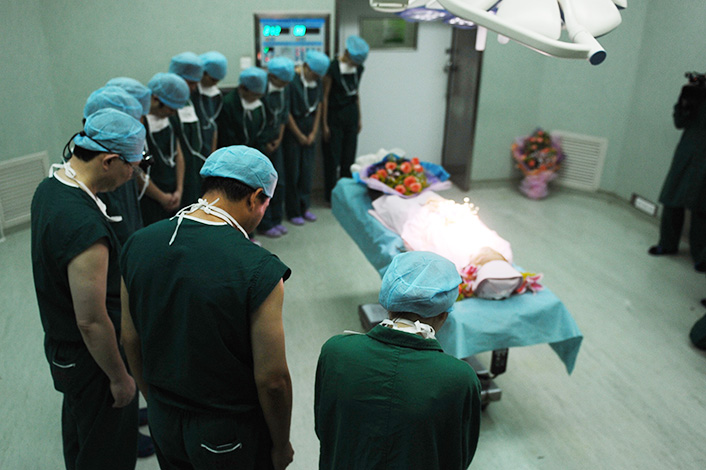Spirit of Hope wrote:That is actually the opposite of the truth, as most states have good samaratain laws that protect those who render aid to a person who is incapacitated, in many cases even if the person denied consent for aid while conscious.
IIRC, in England it is a part of common law, not actually a written statute, and can at times require a person to give care.
Oh it's obviously not true, it's an absolute absurdity that has been repeated a few times in this thread. It supposes 1) that there are no CRIMINAL issues involved with performing medical procedures on non-consenting persons, and 2) that we train doctors to commit battery. What would a world look like where this happened?
I think the big difference is that paying for emergency medical care would be strictly optional. See, if you had a claim of battery against any doctor who treated you while you were unconscious then even assuming you don't get a huge payday the compensatory damages would be at least for the cost of your medical care.









